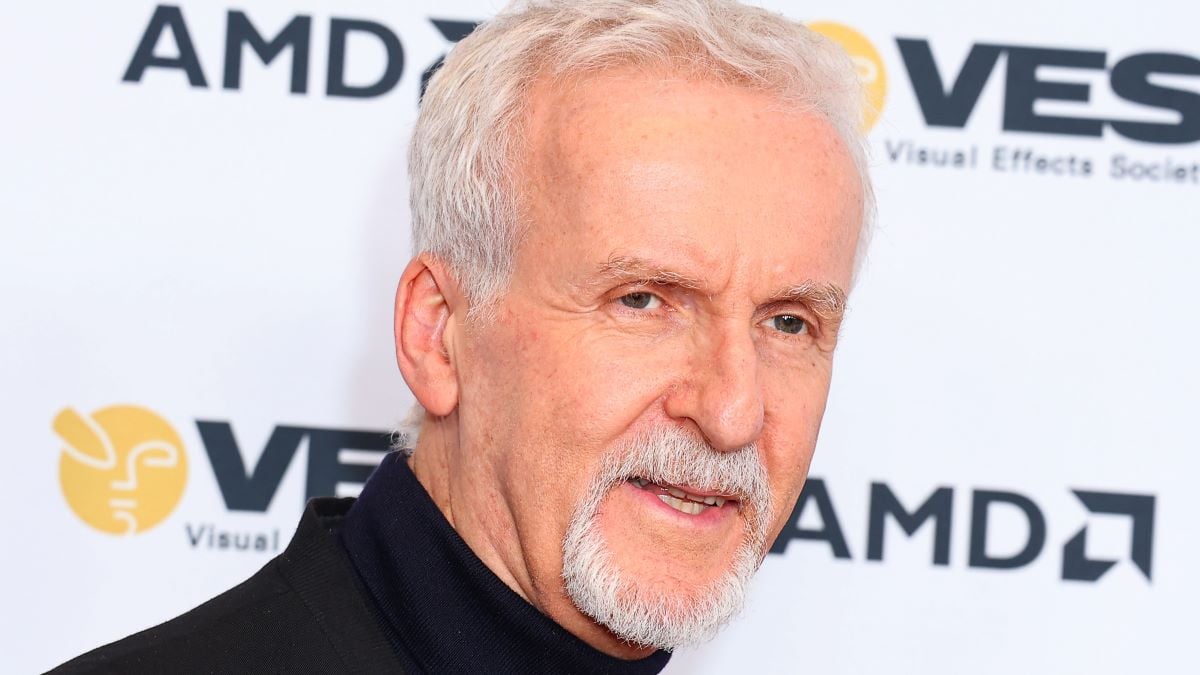James Cameron has been on the cutting edge of technology for more than three decades, whether it be making early strides in CGI with The Abyss and Terminator 2: Judgement Day or digital performance capture and 3D with the Avatar movies. So it’s not surprising that he’s got an opinion on the rapid rise of AI.
The last few years alone have seen AI image and text generation take quantum leaps forward, and we’re just beginning to see the first examples of completely AI-generated videos. We’re probably not too far away from being able to tell an AI what we want to watch, and it’ll rapidly serve a personalized movie tailored to our exact tastes with the cast of our dreams.
What that means for creatives remains a thorny issue though. In an interview with CNN, Cameron explains he sees them as the digital equivalent of dreams, after revealing that The Terminator came to him in a dream.
“[Dreams] are kind of like a generative AI. I think they’re making imagery from a vast dataset that’s our entire experience in life, and … then another part of our brain is supplying a narrative that goes along with it and the narrative doesn’t always make much sense. We’re trying to make sense of the world because we don’t really remember like a videotape; We remember stories like strings of beads.”
Whether AI is really equivalent to dreams is one for philosophers, but we can see his point, but perhaps it’s worth remembering that Cameron is already a firmly established creative force, and doesn’t have to worry about AI stealing his job. Maybe if he was a concept artist or writer worrying that AI-generated images are going to put him out of work, he might feel very differently.
We wouldn’t be surprised to see Cameron harnessing some form of AI for the upcoming Avatar sequels, with Avatar 3 due to land on December 20, 2024.

